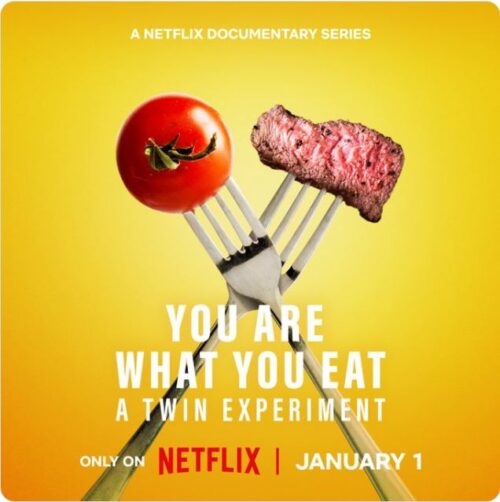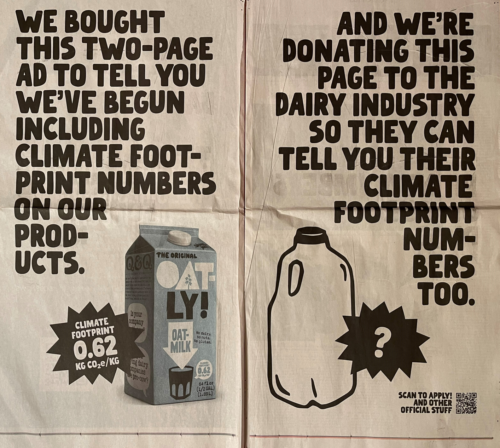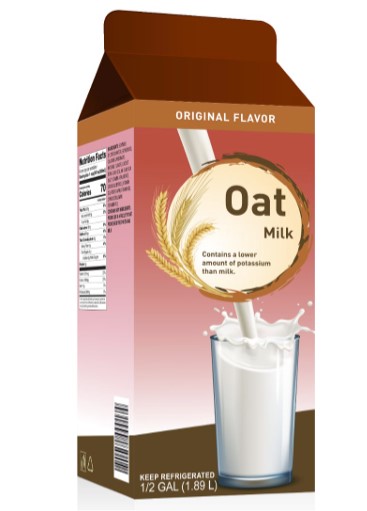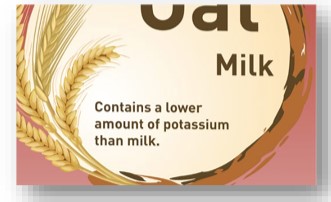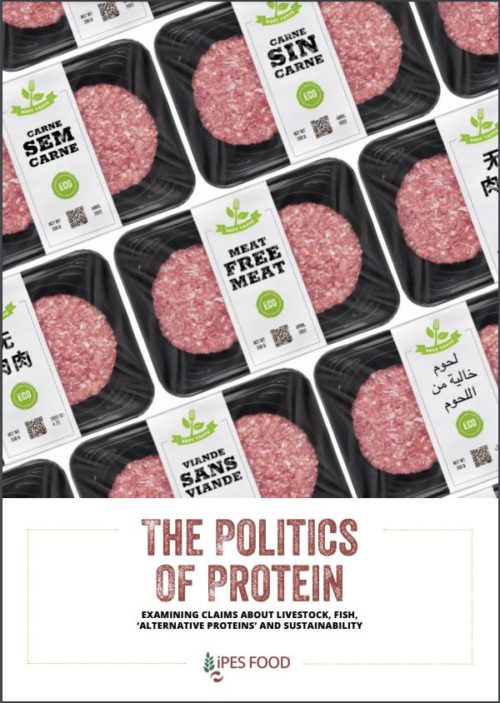The latest roundup on plant-based meat and dairy substitutes
I am endlessly fascinated by the plant-based industry producing products to substitute for animal foods. Here are a few samples of what’s happening in this area.
Domestic
- Dairy and plant-based organizations go head-to-head over FDA’s plant-based milk labeling guidance: More than 900 comments have been submitted to the FDA over its proposed labeling guidance for plant-based milk alternatives. From Danone North America to the Plant Based Foods Association, we round up some of the key arguments from both sides…. Read more
- ‘It is crucial for consumer acceptance’: Replacing animal fats in plant-based food: While with any food, ‘taste is king,’ texture is also extremely important, especially in products aiming to mimic meat. For optimal texture, many manufacturers argue, animal fats, which contribute significantly to the texture of real meat, must be replicated for plant-based meat…. Read more
- Plant-based products and health: Study reveals nutritional shortfalls, but saturated fat benefits: The nutritional value of plant-based meats is limited by lack of key micronutrients, although they contain significantly less saturated fat, indicates an assessment of products on the Hong Kong market…. Read more
- Start-up’s chickpea-based protein isolate boosts protein content in dairy-free cheese: Israel-headquartered plant-based ingredients start-up ChickP has developed a chickpea-based protein isolate that can be incorporated into a range of cheese substitutes…. Read more
- Beyond Meat slashes workforce as business model is under fire: The plant-based giant continues to face headwinds as consumers prioritize affordability.
International
- Denmark unveils the ‘world’s first’ action plan for plant-based foods: Eighteen months after the Agreement on the green transformation of Danish agriculture was approved by the Danish Parliament, Food Minister Jacob Jensen has launched the government’s new action plan for plant-based foods…. Read more
- Green Queen: South Korea Unveils National Plan to Promote Plant-Based Food Industry: South Korea becomes the second nation to announce a national plan dedicated to boosting local plant-based food production and consumption. Read More
- Start-up’s chickpea-based protein isolate boosts protein content in dairy-free cheese: Israel-headquartered plant-based ingredients start-up ChickP has developed a chickpea-based protein isolate that can be incorporated into a range of cheese substitutes…. Read more
- Clean and clear: China’s Haofood optimistic about plant-based growth despite dwindling hype: China-based clean label brand Haofood is putting extra efforts into innovation while maintaining focus on taste and affordability to boost consumer adoption of plant-based diets. Read more

